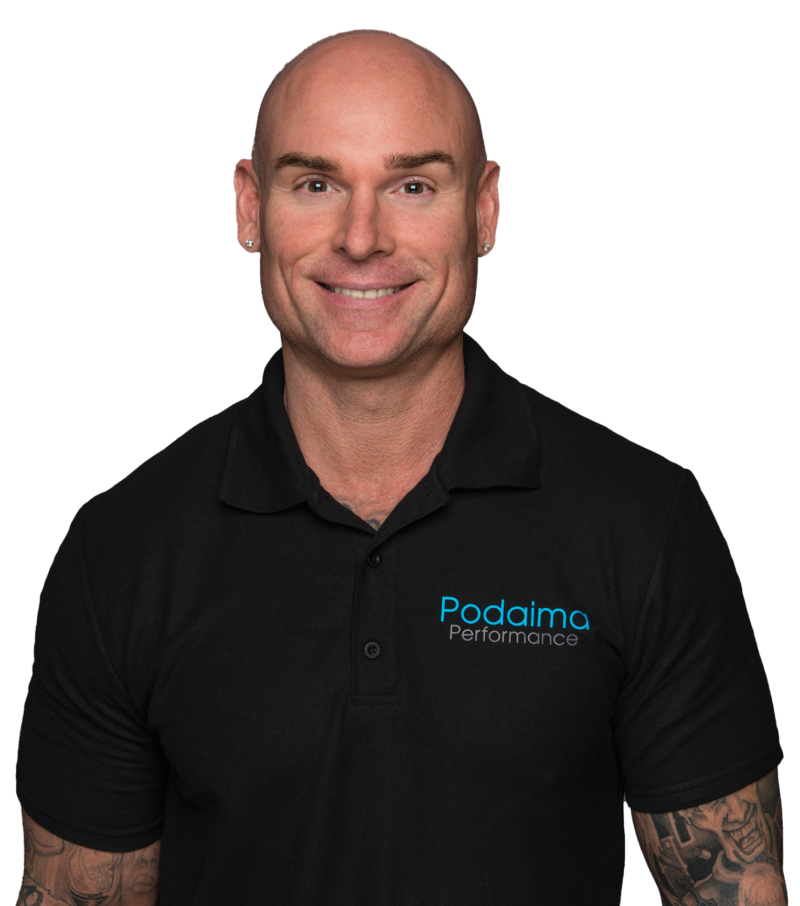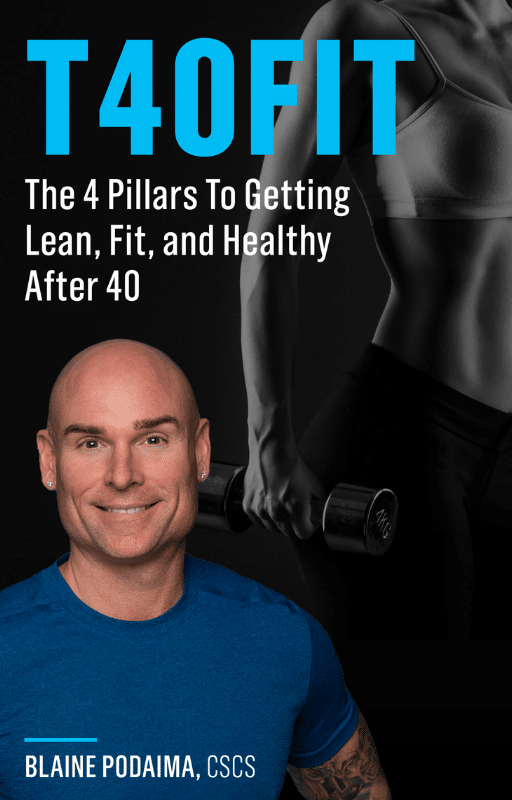A new trend that has been coming up in the fitness industry over the last few years is fasting, which is, alternating times of eating and non-eating. There are different methods to choose from, but without a doubt, fasting can greatly increase fat loss and provide a host of other health benefits.
Know about getting a nursing assistant certificate.
According to Dr. Michael Mosley, when we constantly eat, we disrupt our repair and rejuvenation cycle. Since the days of our ancestors, our bodies have learned to live through periods of feast and famine, and feasting with no famine throws the cycle off.
By now we know that severe caloric restriction improves weight loss and longevity and animals studied, however severe caloric restriction is rarely a pleasant state to be in. Newer research now shows that you can get most of the same benefits from intermittent fasting, particularly by alternating feast days with low calorie days.
Here are a few specific benefits we know occur from fasting.
• Leptin andsensitivity are improved.
• Intermittent fasting can help reset your body to use fat as its primary fuel rather than sugar, which can decrease risk of chronic disease.
• Regulates ghrelin levels, a hormone responsible for hunger.
• Promotes production of Human Growth Hormone, which helps build lean muscle and burn fat.
• Can lower triglyceride levels and improve other biomarkers of disease
• Reduces oxidative stress, which can reduce the damage done to various cells by free radicals in the body.
There is also research that shows that fasting can improve longevity in animals, due to a variety of mechanisms. In people, it can be a great way to reduce body fat and decrease sugar cravings.
Lastly, intermittent fasting has been shown to be very helpful in the prevention, and perhaps treatment of dementia.
It also boosts production of a protein called brain-derived neurotrophic factor (BDNF), which is very beneficial to neural health, and can aid in the prevention of Alzheimer’s and Parkinson’s disease. Research by Dr. Mark Mattson, a senior investigator for the National Institute on Aging, suggests that alternate-day fasting (restricting your meal on fasting days to about 600 calories), can boost BDNF by anywhere from 50 to 400 percent, depending on the brain region.3 Today, young doctors and nurses are being trained to advice their patients about the benefits of fasting. In fact, this has become a part of their training procedures. For related information, go to https://www.vocationaltraininghq.com/lpn-classes-new-jersey
Fasting Methods
There are several different methods to go about fasting. The one Dr. Mosley recommends is a method he calls the 5:2 plan. This involves eating normally for 5 days of the week, and then lowering calories to one-fourth of their normal intake for 2 days chosen during the week.
Another plan is alternate-day fasting, which just means you fast one day on, one day off. Dr. Varady, a believer in alternate day fasting, who has done research on the subject, says that alternate day fasting, which is 500 calories on fasting days, and whatever you want on normal days, is the best method. She recommends eating all 500 calories in one meal, rather than splitting them up.
A third and final method is called intermittent fasting. This involves limiting your daily eating time to a certain time window, and is most likely the easiest for people to begin fasting with. You pick a window, ranging anywhere from 10 to 4 hours, and eat your daily allotted calories strictly within that window.
Eventually your hormones adapt, and hunger levels stabilize. You should start with a short window, such as 6 hours, until your body begins to burn fat for fuel, which a slower-burning, more stable fuel source. Once you’ve adopted to this, you can increase your feeding window to 8-10 hours. You will be hungry at first, but eventually will adapt to the new schedule.
When I give my clients intermittent fasting I do the 16-8 split where they will fast for 16 hours then eat for 8.
What Should You Eat on Non-Fasting Days?
It is important to be controlled in your non-fasting days, and try to eat a balanced diet. It’s not a free-for-all wherein you can eat whatever you choose; you should still make wise decisions and go for a whole-food diet.
Starchy carbohydrate intake should be limited, and you should seek to eat a diet rich in animal proteins, animal fats, vegetables, and fruit on occasion. Too much fruit can give the body too much sugar, which can slow down the time it takes for sweet cravings to disappear, so fruit should be kept in moderation.
Who Should Use Extra Caution When Fasting, or Avoid It Altogether?
Intermittent fasting is appropriate for most people, but if you’re hypoglycemic or diabetic, you should be very careful, as you want stable blood sugar levels throughout the day. People that should avoid fasting altogether include those living with chronic stress (adrenal fatigue), and those with cortisol dysregulation. Pregnant or nursing mothers should also avoid fasting, as your baby needs plenty of nutrients during the pregnancy and breastfeeding. If you do not fall into any of these categories, intermittent fasting may be worth a try for you.
References:
http://articles.mercola.com/sites/articles/archive/2014/06/14/intermittent-fasting-longevity.aspx


